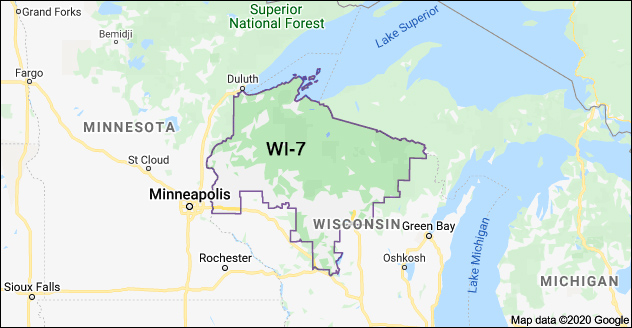By Jim Ellis

Kwesi Mfume
With more than 100,000 votes counted and more remaining to be tabulated from the all-mail balloting, former congressman Kweisi Mfume returns to the House with 73 percent of the vote. Mfume defeated Republican nominee Kimberly Klacik who did not have a realistic chance in the heavily Democratic district, but she did manage to raise just about $200,000 for her effort.
Candidates for the full term now move onto the June 2 state primary, an election that was originally scheduled to be held yesterday. Gov. Larry Hogan (R) re-scheduled the primary as part of his series of his COVID-19 disease precautions.
In Ohio, Rep. Joyce Beatty (D-Columbus) was in a competitive primary against Morgan Harper, a former Consumer Financial Protection Bureau official who raised over $800,000 for his primary challenge. The four-term congresswoman had little trouble winning re-nomination, however, as she captured more than 68 percent of the vote. She is now the prohibitive favorite in the general election against banker Mark Richardson in what is a safe Democratic seat.
Reps. Brad Wenstrup (R-Cincinnati), Bill Johnson (R-Marietta), Warren Davidson (R-Troy), Marcy Kaptur (D-Toledo), Mike Turner (R-Dayton), Marcia Fudge (D-Cleveland), Troy Balderson (R-Zanesville), David Joyce (R-Russell Township), and Steve Stivers (R-Columbus) all had minor primary opposition. Each won with between 83 and 94 percent of the vote.
In the 1st District, two Democrats were vying for the opportunity of challenging veteran Rep. Steve Chabot (R-Cincinnati). Healthcare company executive Kate Schroder claimed the primary with an unofficial and likely incomplete 68-32 percent victory over engineer and Air Force Reserve officer Nikki Foster. The 1st District has become more competitive as evidenced in Rep. Chabot’s 51-47 percent re-election victory in 2018. Therefore, we can expect another hotly contested campaign later this year in the Cincinnati area.

 April 2, 2020 — With the COVID-19 virus playing havoc with virtually every aspect of American life, including elections, how are the House vacant seats being affected?
April 2, 2020 — With the COVID-19 virus playing havoc with virtually every aspect of American life, including elections, how are the House vacant seats being affected?

